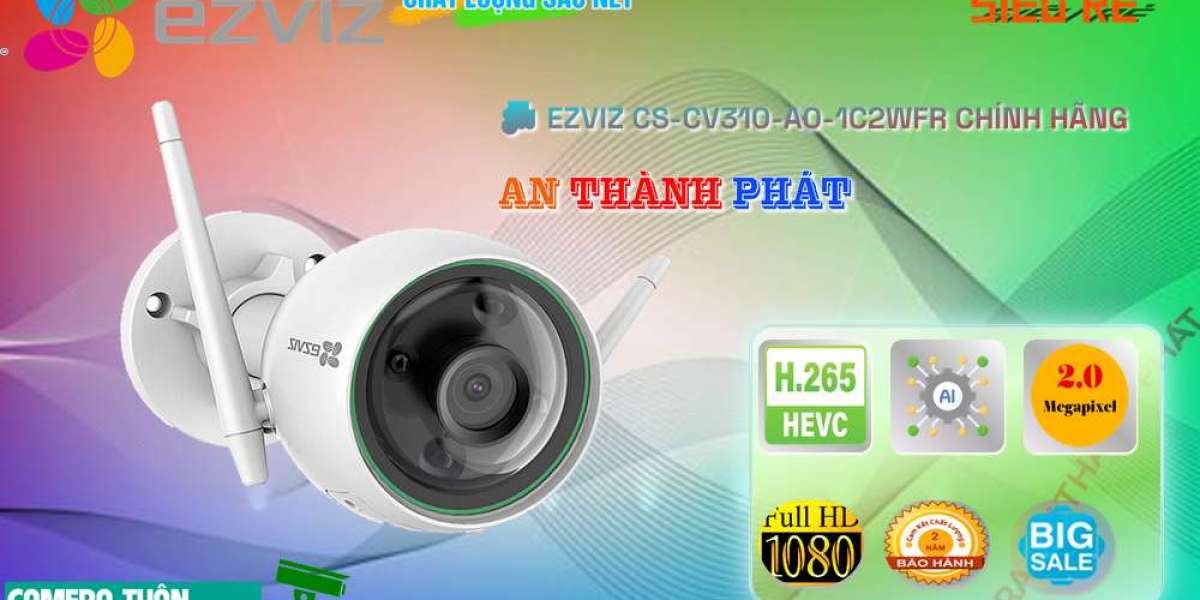 ACCESS POINTS and S.C.A.L.E. is a L.O.V.E. Project to leverage the platform for addressing economic growth of those living in poverty, particularly in emerging markets so they can grow without further depleting natural resources of their local eco-systems through access to Information technologies.
ACCESS POINTS and S.C.A.L.E. is a L.O.V.E. Project to leverage the platform for addressing economic growth of those living in poverty, particularly in emerging markets so they can grow without further depleting natural resources of their local eco-systems through access to Information technologies.
Our Mission
Connect projects and beneficiaries on the ground with the entire L.O.V.E. collective of Members, beneficiaries, and partners from charitable and business sectors in order to:
- Develop buildings with computers, clean energy, and staff;
- Create schools for kids and adults in the computer room;
- Offer a place to exchange locally made goods or services using L.O.V.E. Points that are convertible to “local credits” or normal fiat cash;
- Provide health care access with telemedicine technology; and
- Install Information Communication Technologies (ICTs).

Community centers in locations globally that connect individual users with Information Age options for accessing free education, global marketplaces, social interaction with other cultures, and a space for earning wealth where their account receives equal compensation for their labor.
Access Points provide a viable means for those in developing nations to end the cycle of poverty by accessing the global marketplace where they can sell or license their music and art (even NFTs), participate in knowledge jobs like affiliate marketing, publishing, and more. With a viable global banking and currency platform (L.O.V.E.) they can bring wealth into their local community from 1st world users.
In the Information Age the poor should no longer be confined to creating wealth from their dwindling local natural resources, now their knowledge, talent and ideas become the basis for value. Value that is imported into their community, most likely by those most comfortable with new things, the youth. Teenagers using computers or cell phones can now – through the L.O.V.E. Community – earn by selling classes or knowledge, access remote programming jobs, self-publish culturally unique digital how-to videos and music albums, they may offer consultation, market affiliate products and much more. 
With access to the global marketplace new vistas of educational and commercial potential become available, manifesting that potential is the work of Access Point Partners, such as our charitable partnerships.
Support, training, and services for accessing digital wealth in local goods and services will be need to supplement technology.
This is why L.O.V.E. Community puts extra focus on working with tribes, charities, and non-profits who already have a footprint in areas of need.
We can supply computers, and some funding that comes from the L.O.V.E. partnerships, NGO partners provide the educators on the ground, the space for people to use them, and a local cooperative credit bank linked to users personal L.O.V.E. accounts, each of which contains a free gloabl banking account. It is time for a solution for the unbanked, L.O.V.E. provides that solution free of charge, and open to all.
Through a Co-op only a few need to know how to use computers to import wealth from the rest of the world, that wealth can then circulate through the entire village; craftsmen or farmers can drop off their goods to the Co-op for sales, the digital wealth earned can be used to pay for the farmers’ food (he/she then gets credits), the farmer then uses credits for buying dresses made by the dressmaker, and so forth.
Whole communities can prosper even if only a few know how to use technology as long as there is a local exchange in place to access and account for the digital wealth, then others in the community who do not use a computer can utilize (through trade) this wealth too.

One of our more innovative support projects, called a SCALE, charters a co-operative at the local level. A cooperative is an autonomous association of persons united voluntarily to meet their common economic, social, and cultural needs and aspirations. Working closely with the Prosperity Program, all Access Points are provided a step-by-step plan for implementing a local private community Co-operative, inclusive:
1. Wallets/Bank accounts for each individual participant that provides an accounting and aggregating of individual community Member funds, such as the farmers, dressmakers, and the computer users – this application is run off-line and replaces the old general store style book ledger with secure and easier automated community accounting systems. Charitable partners will provide staffing for the SCALE administrative needs until such time as a local community council may choose to take over the responsibility for themselves.
2. A support staff made up of various L.O.V.E. Partners and Members which help people (virtually and in-person when possible) with increasing their wealth by doing such things as distributing their digital content (classes, art, NFTs, music, etc..) by helping them in creating digital content themselves, as well as other support as appropriate.

3. Distribution networks for the relay, delivery, and tracking of physical goods and services moving into and out of the Access Points.
4. Access to conversion of the L.O.V.E Points or Crypto Credits into the Co-op Trustees public currency of choice.
5. Help in establishing private regional trading platforms between Access Point Co-ops, with emphasis on attaining regional self-sustainability.
PARTNERS: No one, two, or even ten organizations can challenge our planetary problems alone, a coordinated effort is required by all groups working everywhere, we all need a rallying point; therefore theL.O.V.E. Community strives to connect complimentary projects with active organizations globally, volunteers, and supporting technologies.







